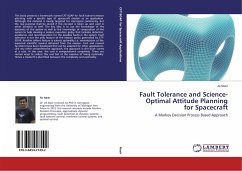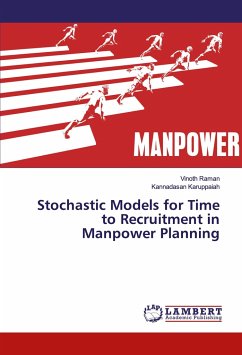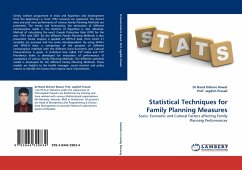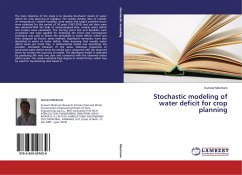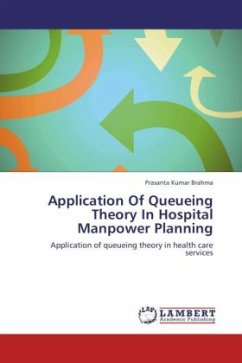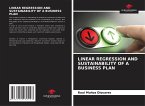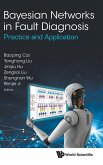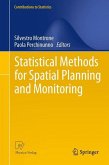This book presents a framework named CFT-SOAP for fault tolerant mission planning with a specific type of spacecraft mission as an application. Although the material is mostly targeted for Aerospace community, but the real purpose shall be served if this concept is taken up and used in other domains as well. The key idea is to use the knowledge of the dynamics of the system as well as the knowledge of composition of the system to help develop a mission execution policy that includes detection, avoidance, and reconfiguration for the possible faults in the system. Fault tolerance is not the only feature of the mission policy generated by CFT-SOAP. Another salient feature is science optimality i.e. maximization of the expected scientific reward obtained from the mission. Cost and reward functions have been developed that can be adapted for other applications. Like any other comprehensive approach, the approach in this book comes at a cost. In this case, the cost is computational complexity. There are certain ways to reduce this cost but at the expense of losing optimality. Hence a tradeoff is identified between the complexity and optimality.
Bitte wählen Sie Ihr Anliegen aus.
Rechnungen
Retourenschein anfordern
Bestellstatus
Storno

